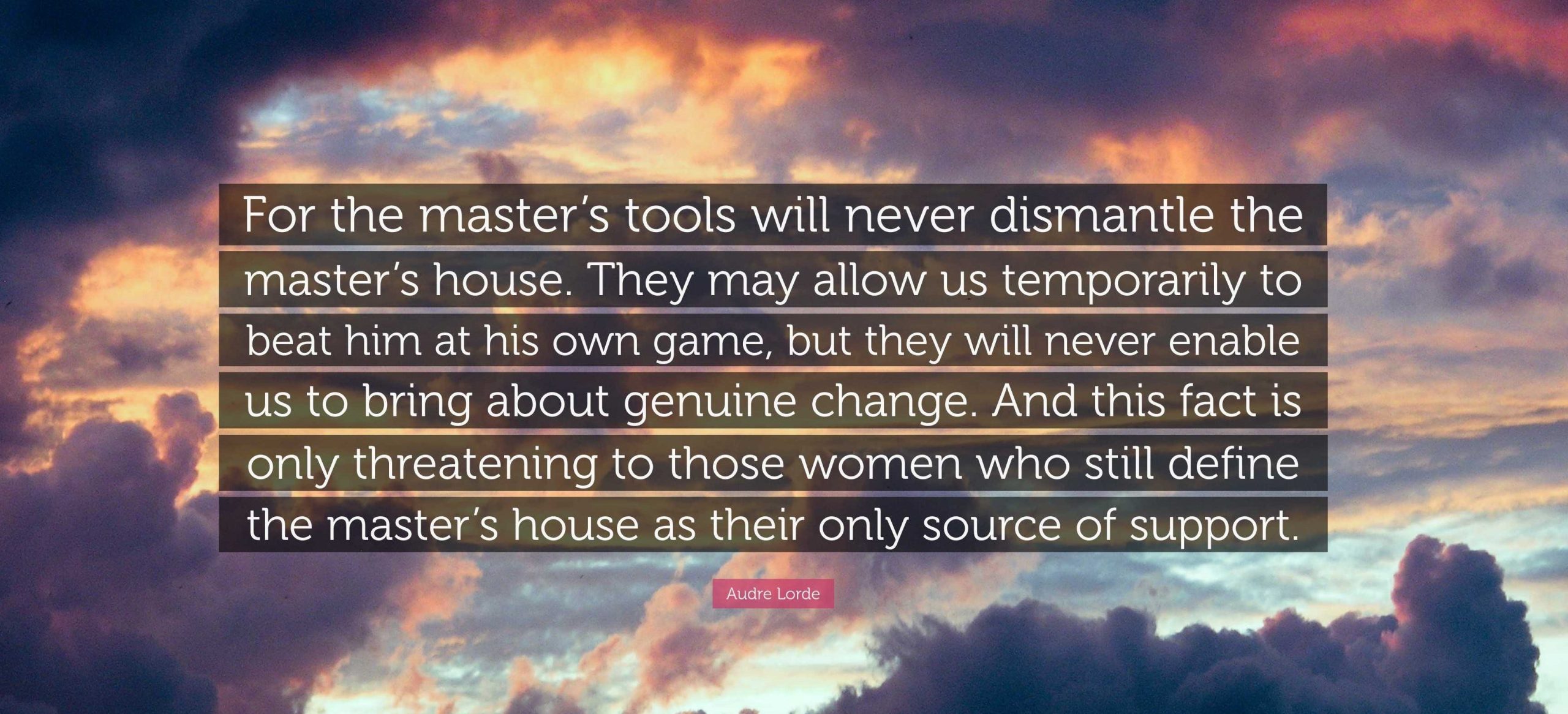
The Cultural Shift No One Prepared Us For—And Why It Hit Me Hard
Josh Shear – It crept in slowly. There was no loud announcement, no dramatic headlines. Yet one day, I looked around and realized that the world had shifted beneath my feet. The transformation wasn’t explosive. Instead, it was quiet, steady, and deeply personal. The cultural shift we now live through didn’t just change society—it disrupted the way I relate to everything and everyone.
The cultural shift redefined how we communicate, what we value, and how we view ourselves. What once felt permanent—customs, conversations, common sense—suddenly dissolved. And I wasn’t ready for the emotional toll it would take.
Today’s conversations are often reduced to extremes. Instead of exploring complexity, we’re expected to pick a side. The cultural shift has made public dialogue more reactionary and less thoughtful.
Algorithms now amplify outrage, pushing civil discussion to the margins. Social platforms reward viral content, not intellectual depth. When opinions become loyalty tests and silence gets interpreted as defiance, the room for curiosity collapses. The middle ground has become dangerously thin.
Living through this cultural shift, I’ve felt increasingly hesitant to speak my mind. Even personal thoughts feel risky in a climate that punishes ambiguity. It’s exhausting and alienating in ways I never imagined.
Our lives have moved online, but something vital got lost in the process. We no longer just share—we perform. The cultural shift has turned identity into a curated projection, filtered through apps and judged in metrics.
Scrolling through feeds, I see polished versions of people I once knew well. But behind the screens, those same people often confess feeling isolated. I noticed the same pattern in myself. The digital world connected me to more people, but it rarely made me feel known.
That gap between the real self and the online persona widens with every click. The cultural shift taught me that we can feel overwhelmed with connection while starving for genuine contact.
What struck me most was the disappearance of quiet. Notifications, news alerts, and constant entertainment now fill every empty space. The cultural shift glorified busyness and treated stillness like weakness.
But our minds need downtime to recover. Without it, anxiety builds, focus weakens, and joy fades. I used to find peace in silence—now, I have to fight to make room for it.
This noise isn’t just external. The pressure to react, to produce, to keep up has become internalized. The cultural shift made rest feel like rebellion, and reclaiming that space has become a conscious choice.
This change isn’t just societal—it’s deeply personal. The cultural shift has reshaped friendships, altered habits, and challenged core values. What surprises me most is how quietly it happened.
We need to ask harder questions: What did we trade away for convenience? Are we better connected or just constantly stimulated? Has speed replaced meaning?
In adapting to this cultural shift, I learned how fragile identity can become when external forces shape it. Awareness, more than anything else, has become my tool for resilience.
Recognizing the cultural shift is the first step. Understanding its weight is the second. But the real change begins when we choose how to respond.
For me, that means creating space for conversation instead of confrontation. It means valuing time offline. And most importantly, it means remembering that even in a fast-moving world, depth still matters.
This cultural shift changed everything. It challenged who I thought I was, but it also gave me the clarity to become who I want to be next.
This website uses cookies.